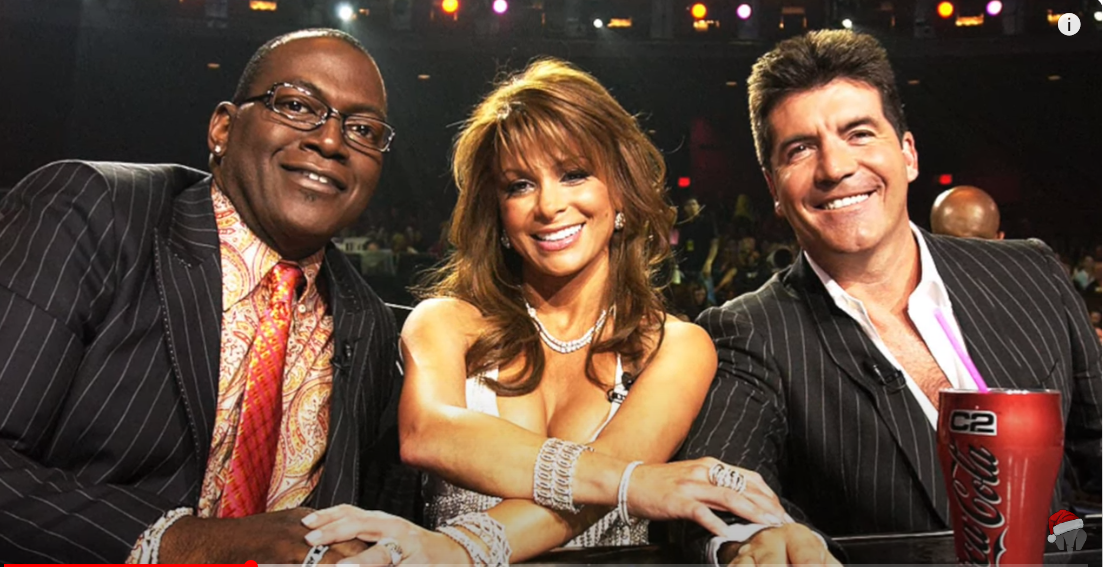Paula Abdul, the former judge of American Idol and The X Factor, has become the latest celebrity to file a sexual assault lawsuit after years of silence.
The suit against Nigel Lythgoe, the producer of both shows, alleges that Lythgoe sexually assaulted her during two incidents, one in the initial seasons of American Idol, in 2002, and the other in 2014, when she was a guest judge on So You Think You Can Dance. Abdul claims that Lythgoe used his position of power to coerce her into unwanted sexual contact and that he threatened to ruin her career if she spoke out.
The singer and dancer is seeking unspecified damages for emotional distress, pain and suffering, and loss of earnings. Lythgoe has not commented on the lawsuit yet.
Ms. Abdul’s lawsuit has been filed under California’s Sexual Abuse and Cover Up Accountability Act, which came into effect a year ago and temporarily lifts the statute of limitations in sexual assault cases. Until January 2026, survivors of sexual assault can file a civil claim in the state over crimes that occurred on or after 1 January 2009.
In the lawsuit, Abdul claims that in one instance Lythgoe assaulted her in an elevator while on the road during regional auditions for the popular talent program. She escaped from her boss’s unwanted attention when the doors opened. She says that she immediately informed her representatives from her hotel room.
The next occurred over a decade later, when she thought she would be attending a professional meeting at his home in Los Angeles.
She claims he forced himself on her and told her they would make an “excellent power couple”, according to reports, to which she responded by pushing him off and explaining that she was not interested in his advances.
In the lawsuit Paula Abdul also claims that during the same year she witnessed Nigel Lythgoe assault one of his assistants during the filming of So You Think You Can Dance in Las Vegas.
The lawsuit also claims Mr. Lythgoe “taunted” her by calling her and saying the pair should celebrate because it had been “seven years and the statute of limitations had run out”.
Abdul has explained that she remained silent for years due to “fear of speaking out against one of the most well-known producers of television competition shows who could easily break her career”, as well as professional contracts that “prohibited” her disclosing “anything that might be deemed confidential business information” or “derogatory”.












